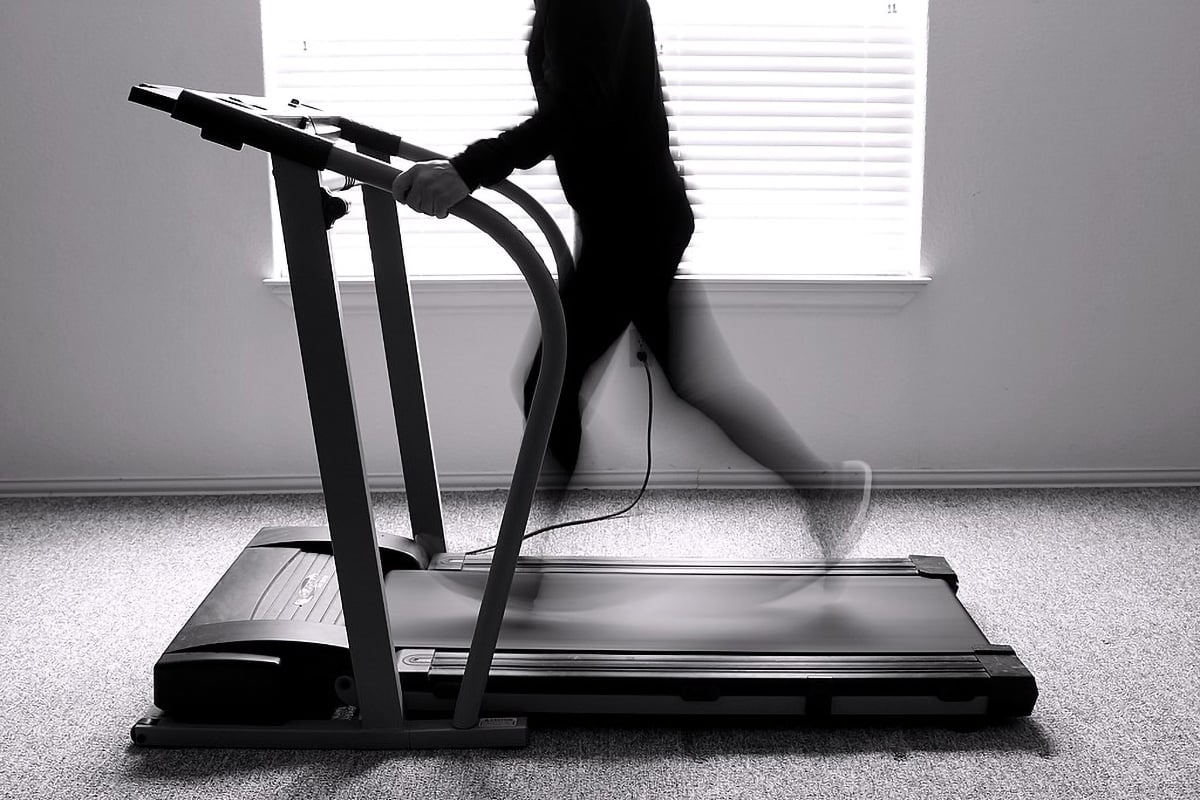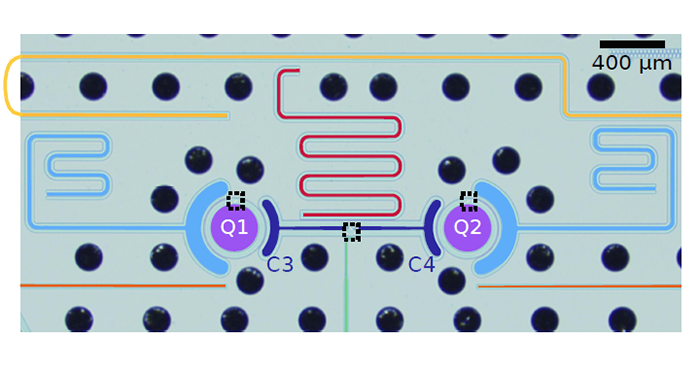Mice on a diet don’t skip exercise.
A recent study from UC Riverside has found that reducing calorie intake does not discourage mice from exercising, refuting the idea that dieting saps energy for physical activity. Published in the journal Physiology & Behavior, the research reveals that a 20% calorie reduction did not notably decrease the daily running distance that mice voluntarily covered.
The researchers set out to understand what happens to mice when the amount of food available to them is reduced. The findings, they hoped, would be relevant to wild animals that do not always get as much food as they want on a given day, and also to humans, whose doctors often prescribe dieting.
Study Findings on Exercise and Food Intake
It is somewhat difficult to obtain accurate data on the amount of voluntary exercise that humans engage in. Though it is easy to categorize what people recognize as voluntary exercise, like a trip to the gym, there is much gray area that’s hard to quantify, such as walking to a cafeteria to purchase lunch instead of eating a meal from a nearby lunch box.
Tracking what lab mice choose to do is much easier, and lab mice generally like to run on wheels for many hours per day. In this study, researchers saw the mice chose to run at similar levels, regardless of how much they ate.
“Voluntary exercise was remarkably resistant to reducing the amount of food by 20% and even by 40%,” said UCR biologist and corresponding study author Theodore Garland, Jr. “They just kept running.”

The researchers spent three weeks getting a baseline level of running activity for the mice, then a week with calories reduced by 20%, and another week at minus 40%. This experiment was done both with regular mice as well as “high runner” mice bred to enjoy running.
Though the high runners reduced their total distance slightly with a 40% calorie restriction, the distance was only an 11% reduction. As they started out running three times farther per day than normal mice, the reduction is considered slight. “They’re still running at extremely high levels,” Garland said. The regular mice did not reduce their daily distance, even at a 40% calorie reduction.
Implications for Future Research and Conservation
Because running gives a “runners high,” in part by increasing DOI: 10.1016/j.physbeh.2024.114582





















Discussion about this post